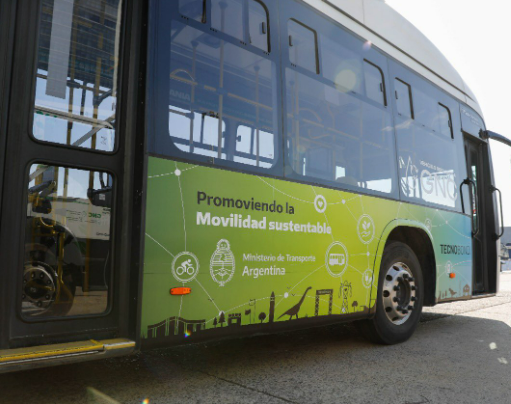
Argentina Implements Energy and Fuel Efficiency Strategies

Within the framework of the National Sustainable Transport Plan of the Ministry of Transport of Argentina, which seeks to promote energy transition and efficiency, a sustainable mobility plan was launched.
In this regard, the Ministry of Environment and Sustainable Development, through the Laboratory for the Control of Vehicular Gaseous Emissions (LCEGV), is developing tests to determine the energy efficiency of tires categorized under international standards, within the framework of the EUROCLIMA binational project.
One of the objectives of the program is to work on last-mile transportation of intensive use and high impact in cities, a fundamental aspect due to the increase in e-commerce in recent years and the trend for the rest of the decade, to project fuel savings and mitigate emissions in urban logistics.
Related content: ALD Automotive Successfully Completes the Acquisition of LeasePlan
General Roadmap
The actions are framed within the binational project between Argentina and Chile named Mitigation of Greenhouse Gases (GHG) and adaptation to the impacts of climate change in Latin America by strengthening energy efficiency in strategic sectors from both countries, within the National Sustainable Transport Plan.
With the private cooperation of the Stellantis Group, YPF and the tire companies Michelin and Fate, tests were carried out on vans with different types of wheels in the province of Córdoba, to evaluate the improvement in energy efficiency and mitigation of emissions that can be achieved through the incorporation of tire labeling standards.
The evaluated unit is located at LCEGV, which depends on the Subsecretariat of Fiscalization and Recomposition of the national Environment portfolio located in Ezeiza, province of Buenos Aires, to determine not only the improvement in fuel consumption, but also the mitigation of emissions that can be achieved with these technologies.
These tests will allow the development of a final report with the results obtained, which will be used for publications to be developed for the EUROCLIMA+ project.





